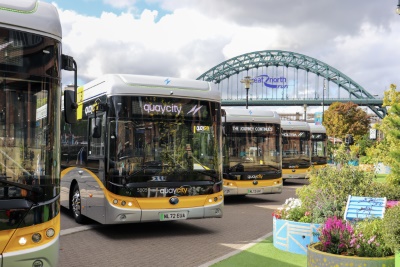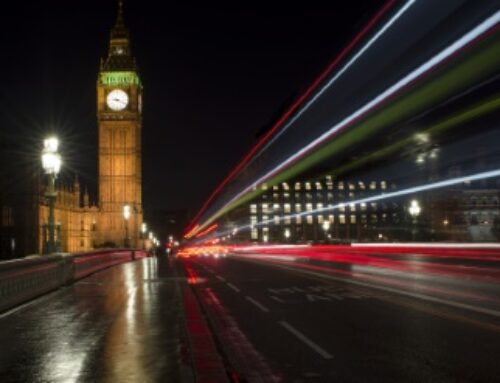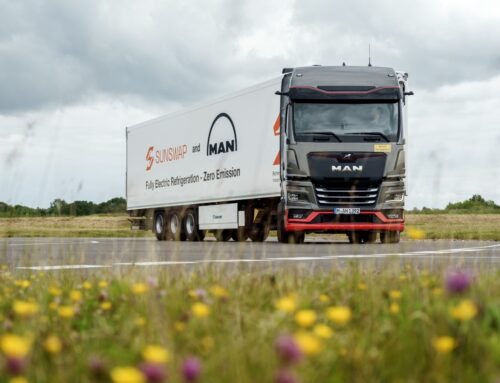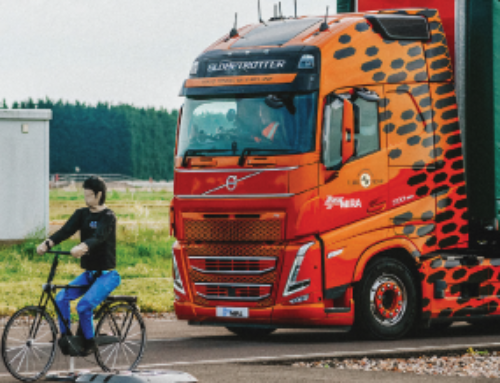Further funding for zero-emission buses
The latest tranche of government funding for zero-emission buses was announced in March, with £143 million allocated to 25 local transport areas across England.
As a result of the investment, said the transport secretary Mark Harper, 955 new zero-emission buses will take to the roads, with many rural parts of the country seeing electric buses rolled out for the first time.
The funding, from the second round of the Department for Transport’s Zero Emission Bus Regional Areas (ZEBRA) programme, follows an earlier allocation of more than £270 million to local transport authorities.
The department says that as a result of ZEBRA, no other European country registered as many electric buses in 2023 as the UK. It cites data from the Society of Motor Manufacturers & Traders (SMMT) showing that zero-emission buses accounted for nearly half of all new large buses rolled out last year.
Alison Edwards, director of policy and external relations at the Confederation of Passenger Transport (CPT), said: “CPT welcomes this support from government to help accelerate vital public and private investment in new zero emissions vehicles and charging infrastructure. The transition to a zero emission bus fleet is a huge opportunity for Britain to lead the world in creating a modern zero emission bus network that offers a growing number of passengers one of the most sustainable forms of transport.”
Beneficiaries will include Go North East, which has secured £5.7 million of the fresh ZEBRA funding through its partnership with Transport North East to extend its electric fleet, already the largest in the region.
The funds will enable the firm to add 11 more battery-electric vehicles by 2026, bringing its total to 47. The vehicles will operate from Go North East’s Gateshead Riverside depot alongside 18 electric buses already in operation.
Nigel Featham, managing director at Go North East, said: “This investment marks another significant step towards our commitment to a greener fleet.
“With each electric bus we deploy, we reduce annual carbon emissions on average by 60 tonnes.
“With 47 of them in operation, we’ll be making a big contribution to helping the environment and improving air quality for communities across our region.”











